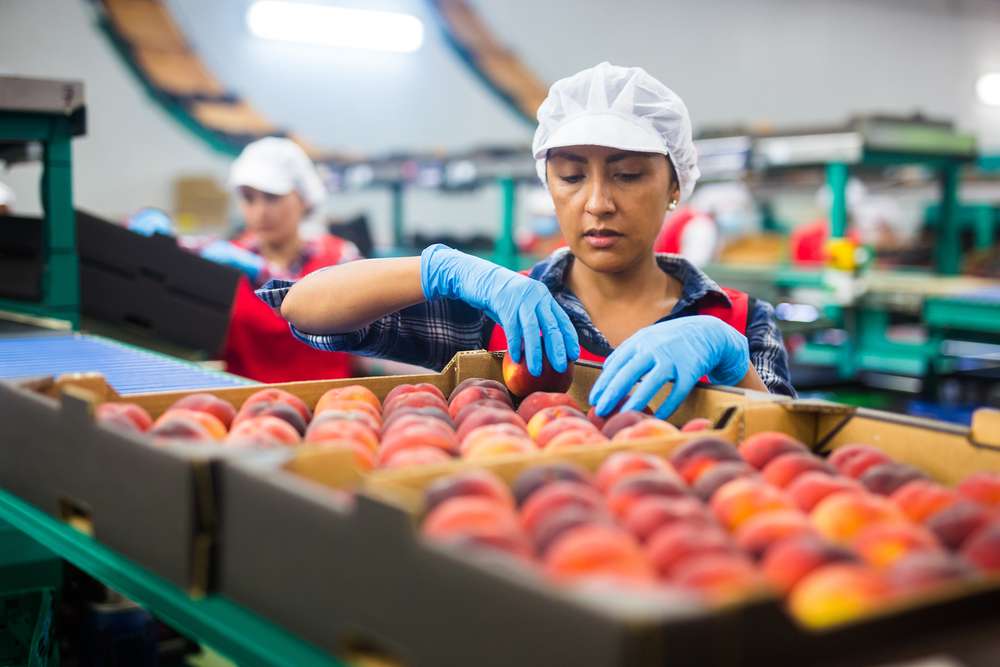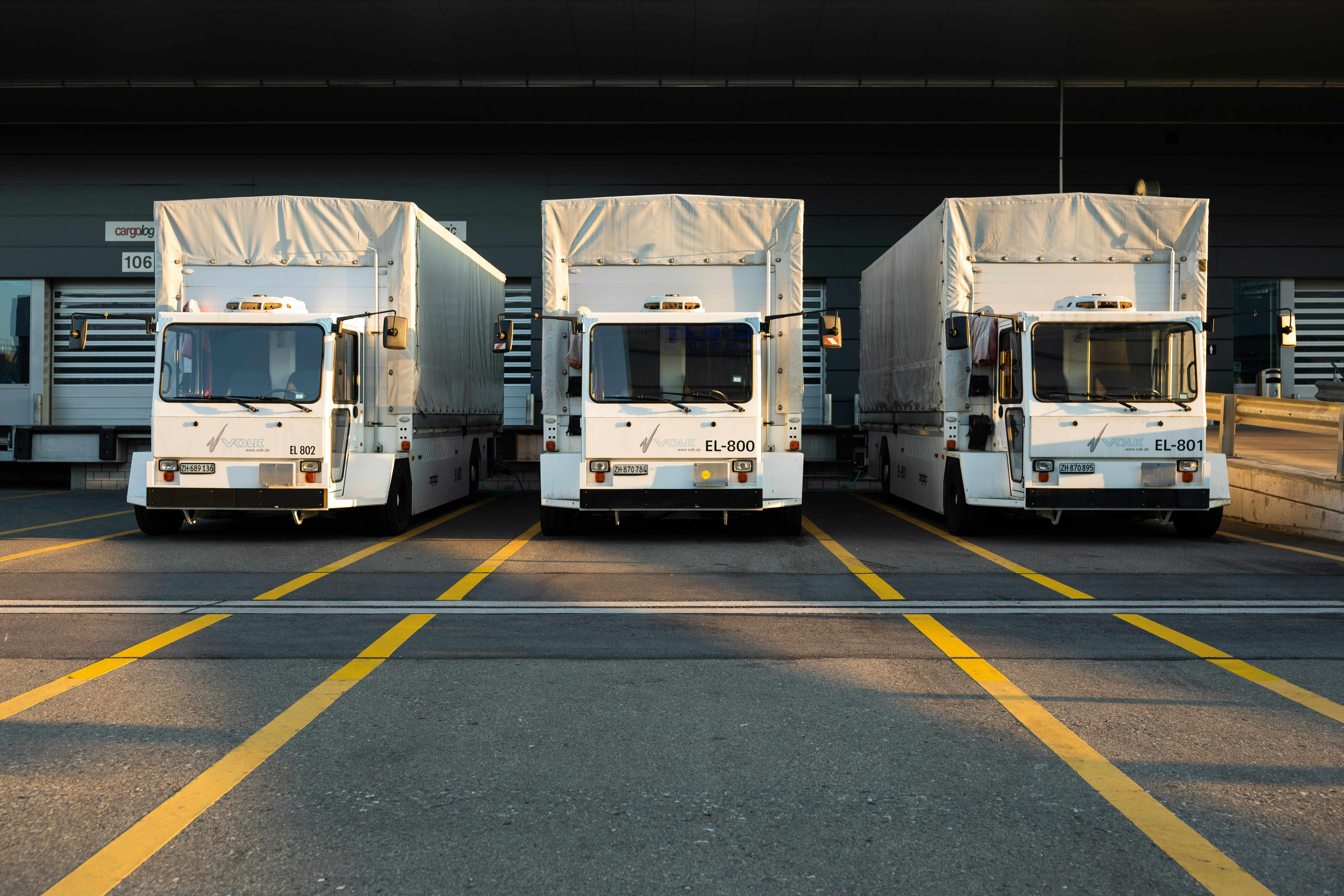Opportunities in Packaging: How Food Packing Jobs Build Professional Skills
Food packing positions offer more than just entry-level employment. These roles provide valuable opportunities to develop professional skills, gain industry experience, and build a foundation for career advancement. Whether you are starting your career or seeking a stable work environment, understanding what food packing jobs entail and how they contribute to professional growth can help you make informed decisions about your employment path.

Food packing jobs represent a significant segment of the manufacturing and distribution industry. These positions involve preparing, packaging, and ensuring food products meet quality standards before reaching consumers. While often considered entry-level, these roles offer substantial opportunities for skill development and career progression.
Common Roles in Food Packing
Food packing facilities typically employ individuals for various positions within the packaging line. Common roles include packaging line operators who handle machinery and equipment, quality control inspectors who ensure products meet safety standards, and warehouse associates who manage inventory and shipping. Some facilities also employ sanitation workers responsible for maintaining clean and compliant work environments. Machine operators may handle automated packaging systems, while hand packers focus on products requiring manual attention. Supervisory positions oversee teams and coordinate daily operations. Each role contributes to the overall efficiency of food production and distribution.
Skills and Qualities
Successful food packing professionals develop a range of transferable skills. Attention to detail is essential, as workers must identify defects, ensure proper labeling, and maintain quality standards. Physical stamina and dexterity are important, as many positions require standing for extended periods and performing repetitive tasks. Time management skills develop naturally in fast-paced environments where production targets must be met. Teamwork and communication abilities grow through collaboration with colleagues across different stations. Problem-solving skills emerge when addressing equipment issues or process inefficiencies. Reliability and punctuality are highly valued, as production schedules depend on consistent staffing. These competencies extend beyond food packing and apply to numerous professional settings.
Benefits of Working in Food Packing
Food packing positions offer several advantages for workers at different career stages. Many facilities provide stable employment with consistent schedules, which helps with financial planning and work-life balance. Entry-level positions typically require minimal prior experience, making them accessible to individuals entering the workforce or changing careers. Some employers offer benefits packages that may include health insurance, retirement plans, and paid time off. The work environment often fosters camaraderie among team members, creating a supportive atmosphere. Additionally, these roles provide practical experience in manufacturing and logistics, which can be valuable for future career moves. The food industry’s essential nature also means greater job stability compared to some other sectors.
Training and Development
Most food packing employers provide comprehensive training programs for new hires. Initial training typically covers equipment operation, safety protocols, and quality standards specific to the facility. On-the-job training allows workers to gain hands-on experience under supervision. Many companies offer ongoing development opportunities, including cross-training in different roles, which broadens skill sets and increases versatility. Some facilities provide pathways to supervisory or specialized positions for employees who demonstrate strong performance and leadership potential. Certifications in food safety, forklift operation, or quality management may be available through employer-sponsored programs. Continuous learning opportunities help workers advance within the organization and develop expertise in food production and packaging.
Safety and Standards
Food packing facilities operate under strict safety and hygiene regulations to protect both workers and consumers. Employees receive training in proper food handling procedures, personal protective equipment use, and hazard identification. Facilities must comply with food safety standards established by regulatory agencies, which include maintaining sanitary conditions, controlling temperatures, and preventing contamination. Workers learn to follow Standard Operating Procedures and Good Manufacturing Practices that ensure product quality and safety. Regular safety meetings and inspections reinforce the importance of workplace safety. Understanding and adhering to these standards not only protects public health but also instills professional discipline and accountability that workers carry throughout their careers.
Food packing jobs provide a practical entry point into the manufacturing sector while offering opportunities to develop valuable professional skills. From learning quality control procedures to mastering time management in fast-paced environments, these positions build competencies that extend beyond the packaging line. The combination of stable employment, skill development, and potential career advancement makes food packing an option worth considering for those seeking meaningful work in an essential industry.




